Description
Why is Jamaica Blue Mountain Coffee So Expensive?
There are a few main reasons for the considerably higher price of Jamaican Blue Mountain coffees. The first, is that there is a limited production with protected designation. The area where Blue Mountain coffee can be legally grown is small, and is a protected geographic region under Jamaican law. Only coffee grown at elevations between 910 and 1,700 meters in specific parishes (St. Andrew, Portland, St. Thomas, and St. Mary) qualifies as Jamaican Blue Mountain. This results in very limited annual supply, making it a niche, exclusive product.
The second reason is because of the unique micro-climate. The Blue Mountains offer an ideal terroir for growing Arabica coffee; comprised of cool temperatures, frequent mist and cloud cover, rich, volcanic soil, and abundant rainfall. These conditions slow the ripening process, allowing more complex sugars and flavors to develop in the beans, and contributing to is smooth, sweet flavour profile.
The third reason has to do with the fact that the production of Jamaican Blue Mountain coffee is labour-intensive with strict quality control measure in place. Most Jamaincan Blue Mountain coffee is grown by smallholders or on estates using careful, manual cultivation and harvesting methods. Only ripe cherries are picked by hand — often on steep, hard-to-reach slopes. Processing is meticulous (washed method), and beans are hand-sorted and graded by size and quality before export. The Coffee Industry Board of Jamaica (CIB) oversees the coffee’s production and quality. Beans are inspected and certified (with a Protected Designation of Origin) before they can be labeled as “Jamaican Blue Mountain.” This rigorous grading system helps ensure consistent high quality, but also increases costs.
The fourth reason is that there is a strong international demand for Jamaican Blue Mountain coffee. Japan, for example, imports about 70% of this coffee, so with a limited supply and increasingly high demand, prices of Jamaican Blue are driven higher and higher.
Finally, Jamaican Blue Mountain coffee has been established as a premium brand. It is perceived as both a luxury and a heritage product, with a storied history dating back to the 18th century. Like Champagne or Kobe beef, you’re paying for the name, the region, and the legacy.
Coffee Production in Jamaica: A General Overview
Jamaica is renowned for producing some of the world’s most prized coffee, particularly the famous Blue Mountain Coffee. The coffee-growing regions are predominantly located in the Blue Mountains, specifically in the parishes of St. Andrew, Portland, and St. Thomas, where elevations range from 900 to 1,700 meters above sea level. These high altitudes, combined with rich volcanic soils and a temperate climate with distinct wet and dry seasons, create a unique micro-climate with ideal conditions for cultivating high-quality Arabica coffee.
Coffee in Jamaica is mostly produced by small-scale farmers, many of whom belong to cooperatives or work as part of estate farms. The country’s coffee industry is characterized by a relatively small number of growers, with many operating on farms that range between 1 to 3 hectares. The dominant varieties grown are Typica and its cultivars, including the highly sought-after Jamaican Blue Mountain, which is known for its mild flavor profile, pleasing acidity, and smooth body. The country’s strict certification process ensures that only coffee grown in designated regions can be labeled as Blue Mountain, adding exclusivity and premium value to the coffee.
Farmers typically employ a combination of traditional and sustainable farming methods, often integrating shade-grown systems to protect coffee plants from direct sunlight and encourage biodiversity. While organic farming practices are common, the use of chemical fertilizers and pesticides is more regulated compared to many other coffee-growing countries. Coffee leaf rust and other pests can pose challenges, but local initiatives often emphasize crop resilience through better management practices.
Jamaica’s coffee processing is usually wet (washed), with many farms or cooperatives maintaining their own processing facilities. After the coffee is harvested, it undergoes pulping, fermentation, washing, and sun-drying on raised beds or patios. Once dried, the parchment coffee is sent to dry mills for hulling, sorting, and grading before being exported. Quality control is highly emphasized, with several stages of inspection to maintain the high standards associated with Jamaican coffee.
The Jamaican coffee sector has a strong focus on premium markets, with Blue Mountain coffee commanding some of the highest prices globally. The industry also participates in Fair Trade and Organic certification schemes, offering farmers opportunities to access better prices and reinvest in farm infrastructure, training, and sustainability projects. Despite Jamaica’s relatively small share of global coffee production, its coffee remains a prestigious and niche offering in the specialty coffee world, with a reputation for quality that attracts both domestic and international buyers.

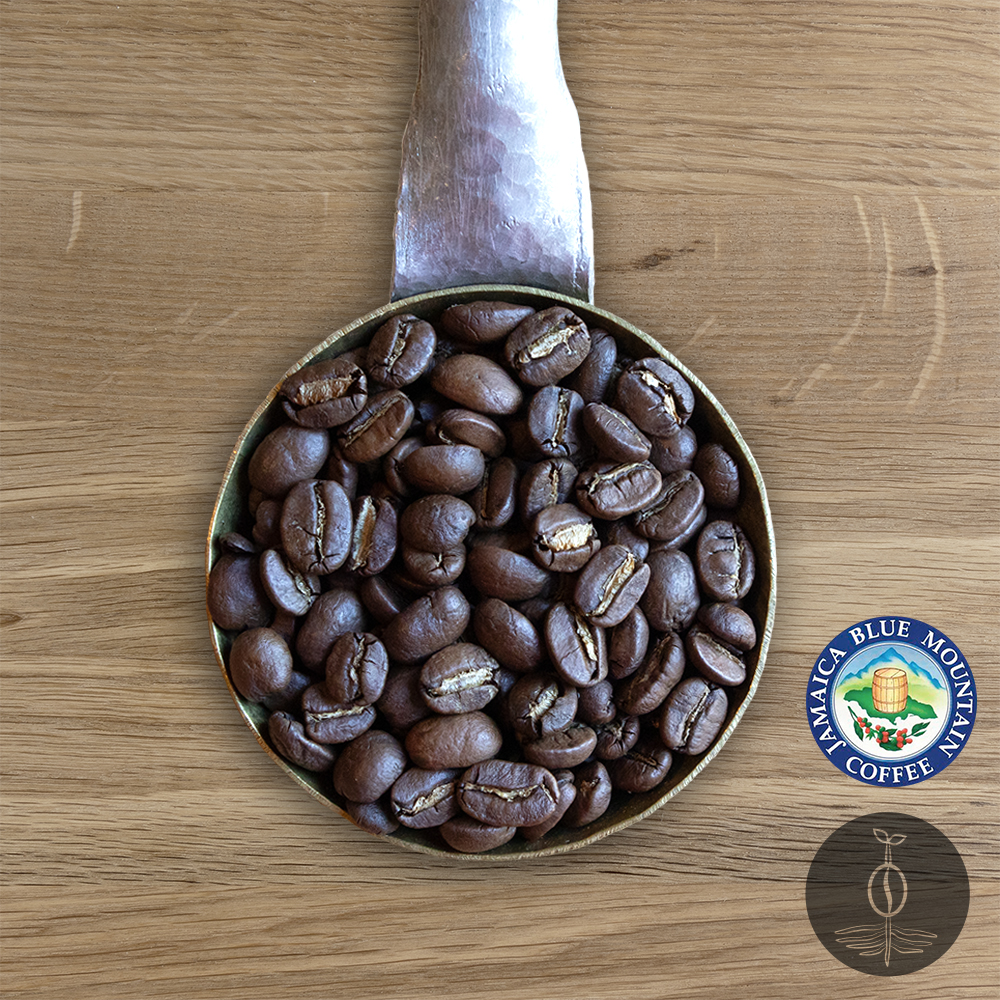
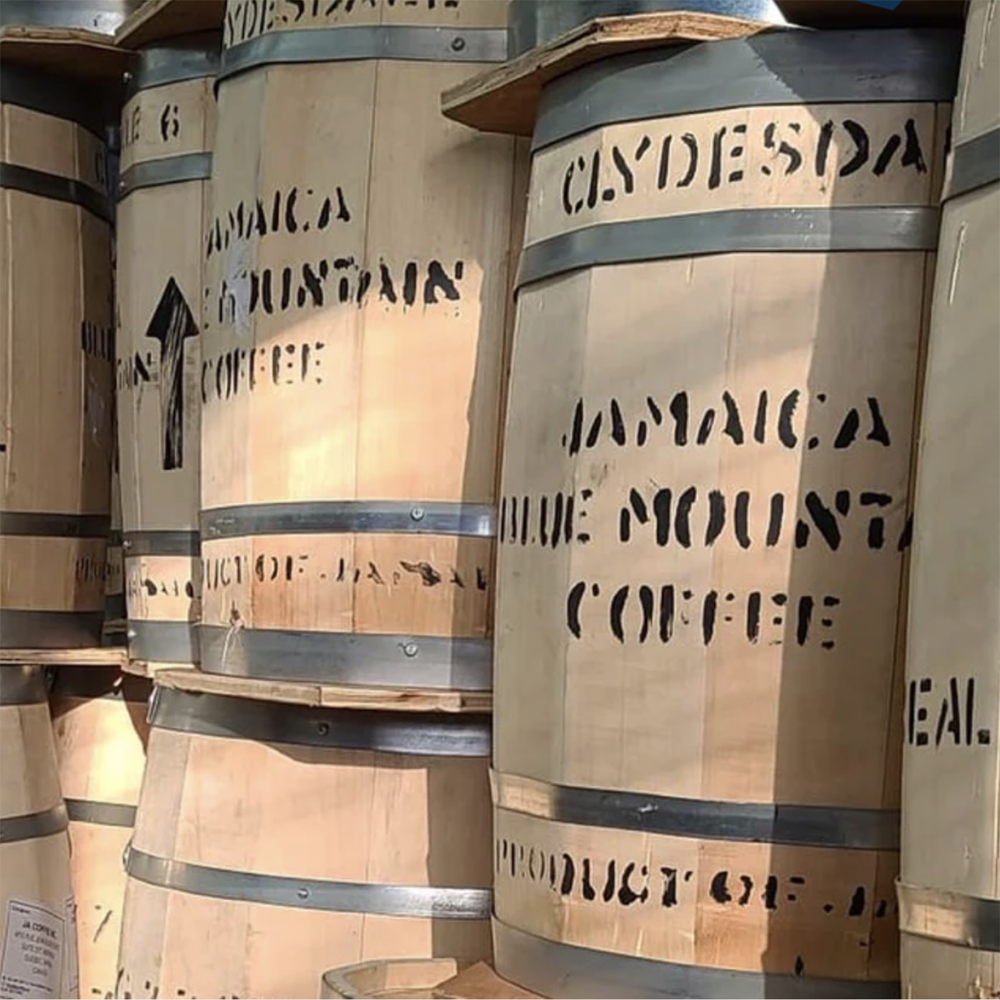

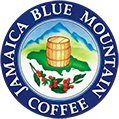
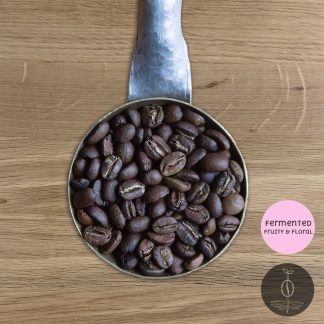
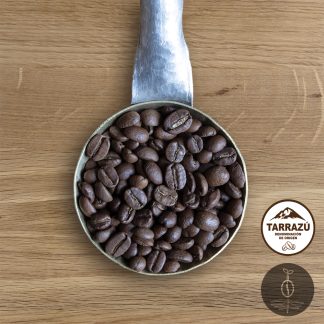
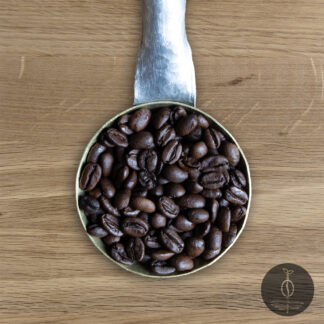
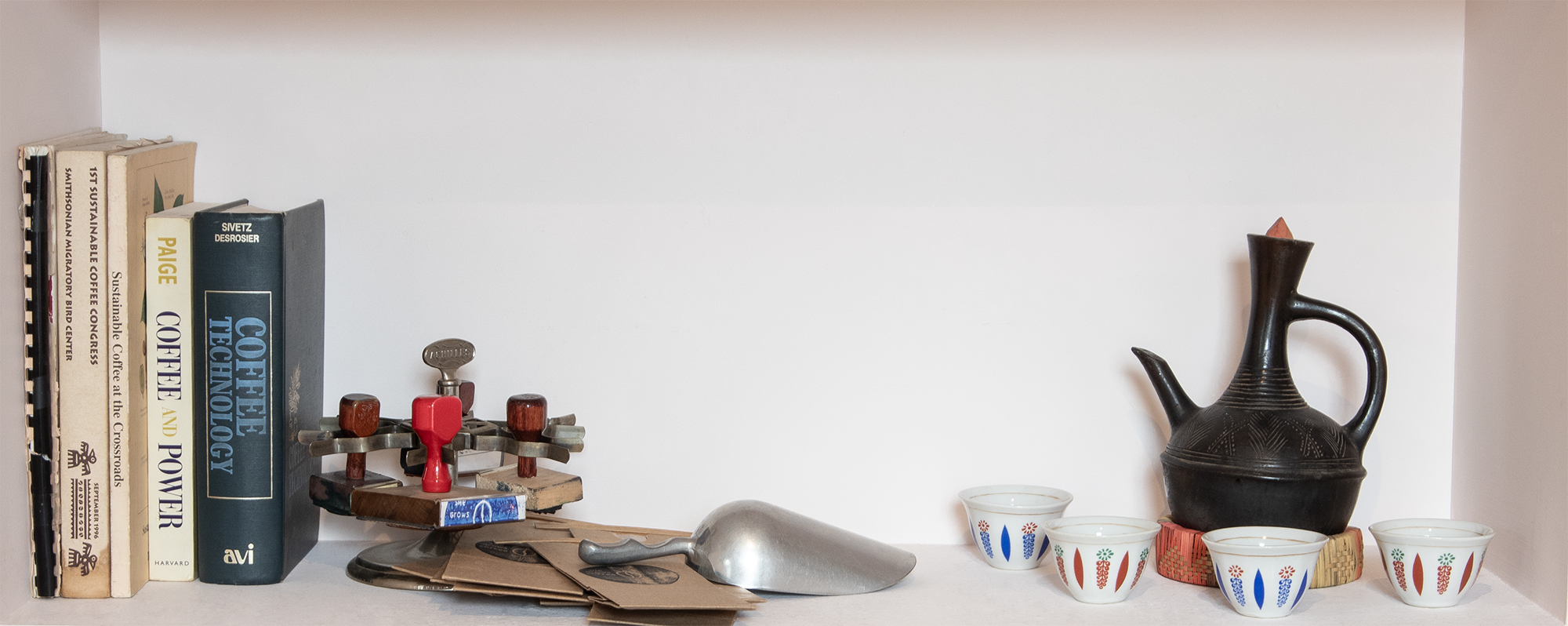
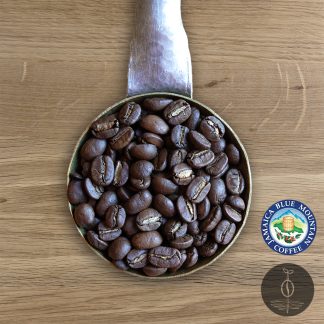
Reviews
There are no reviews yet.